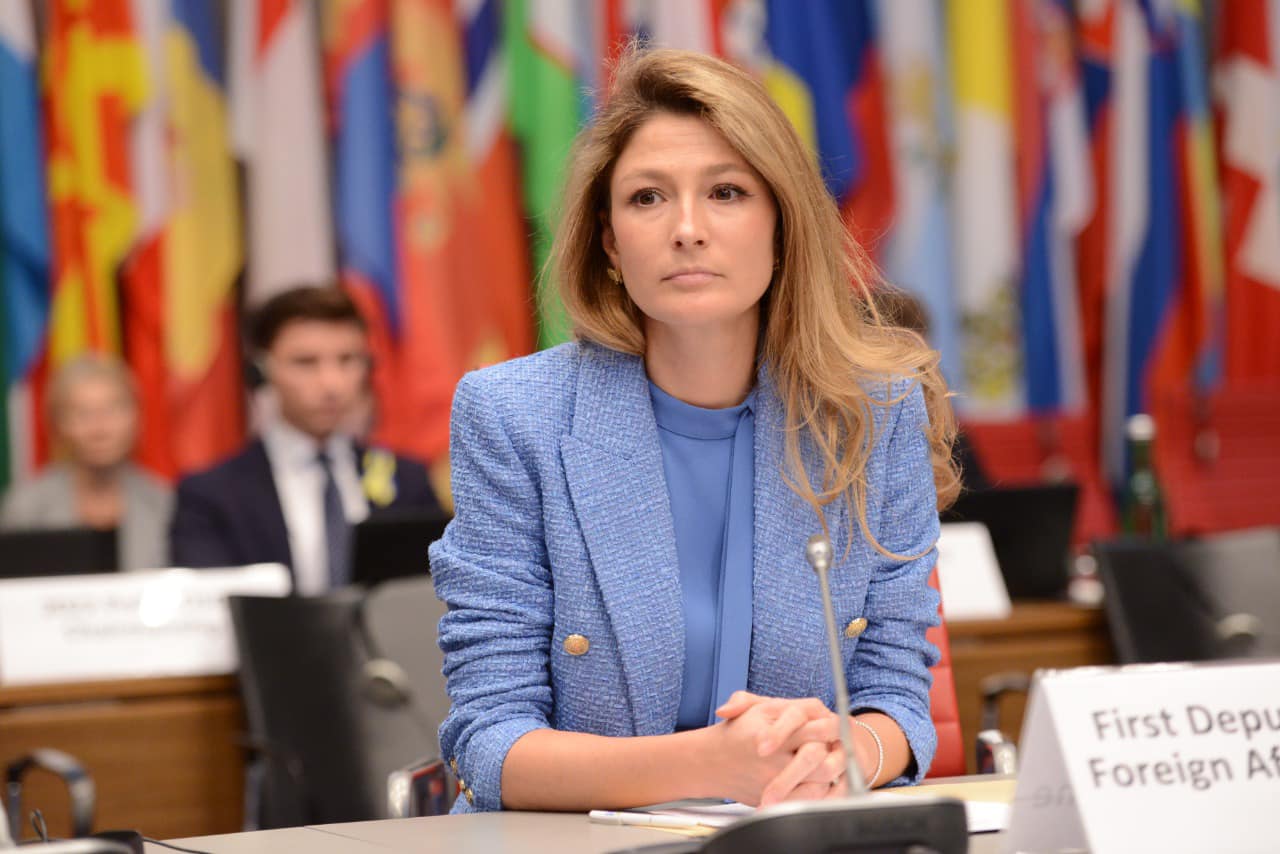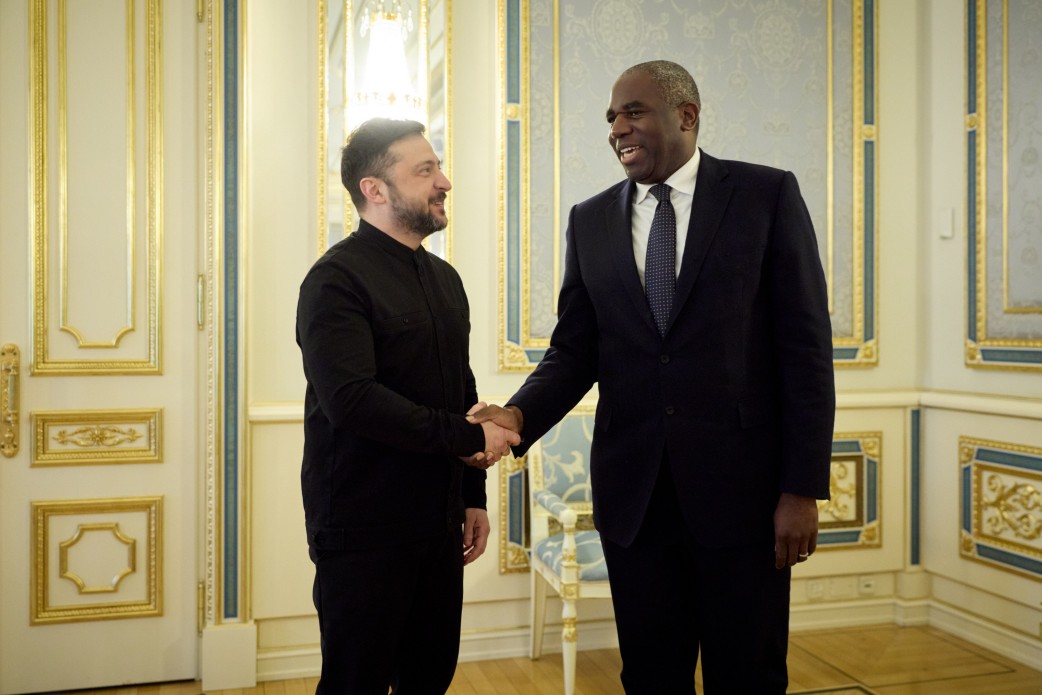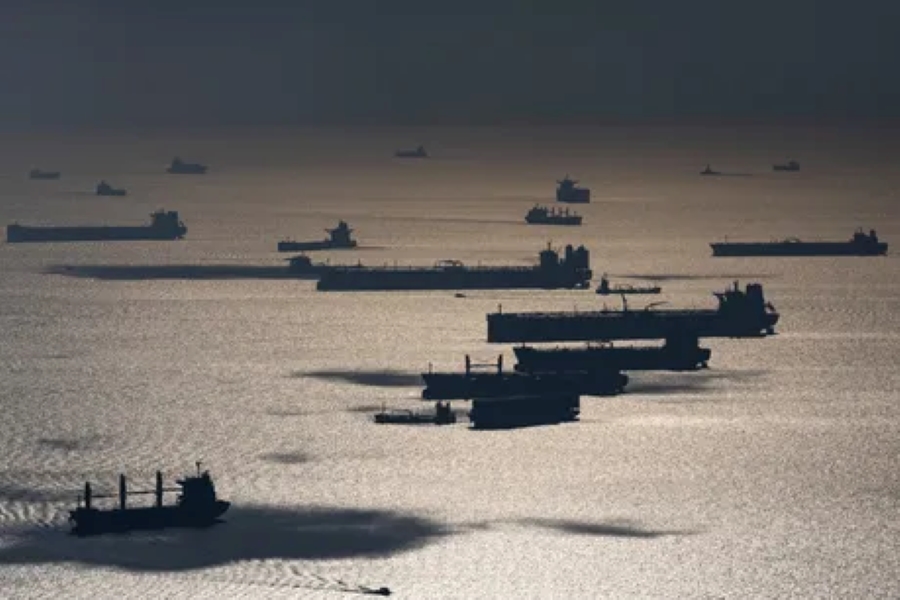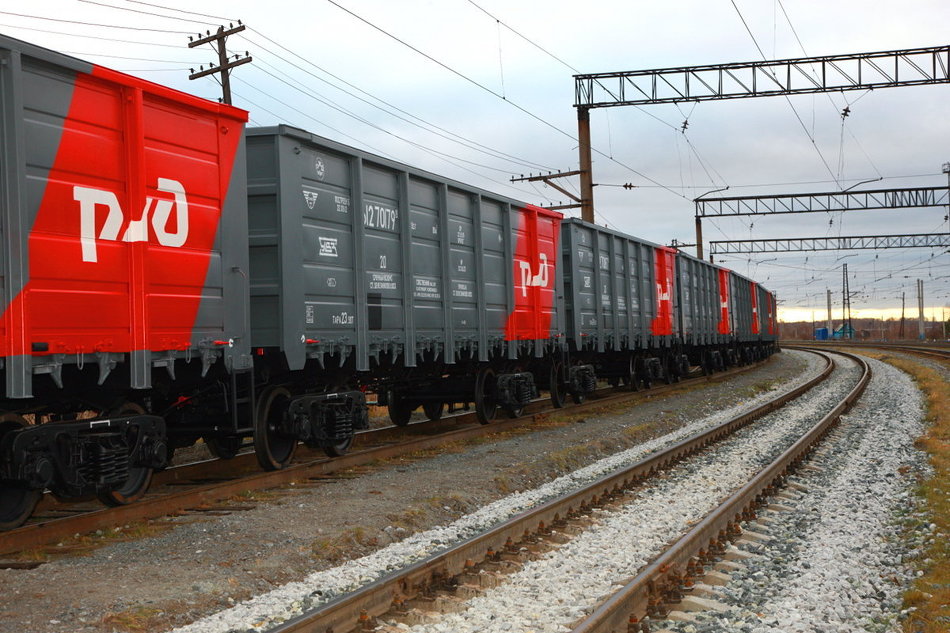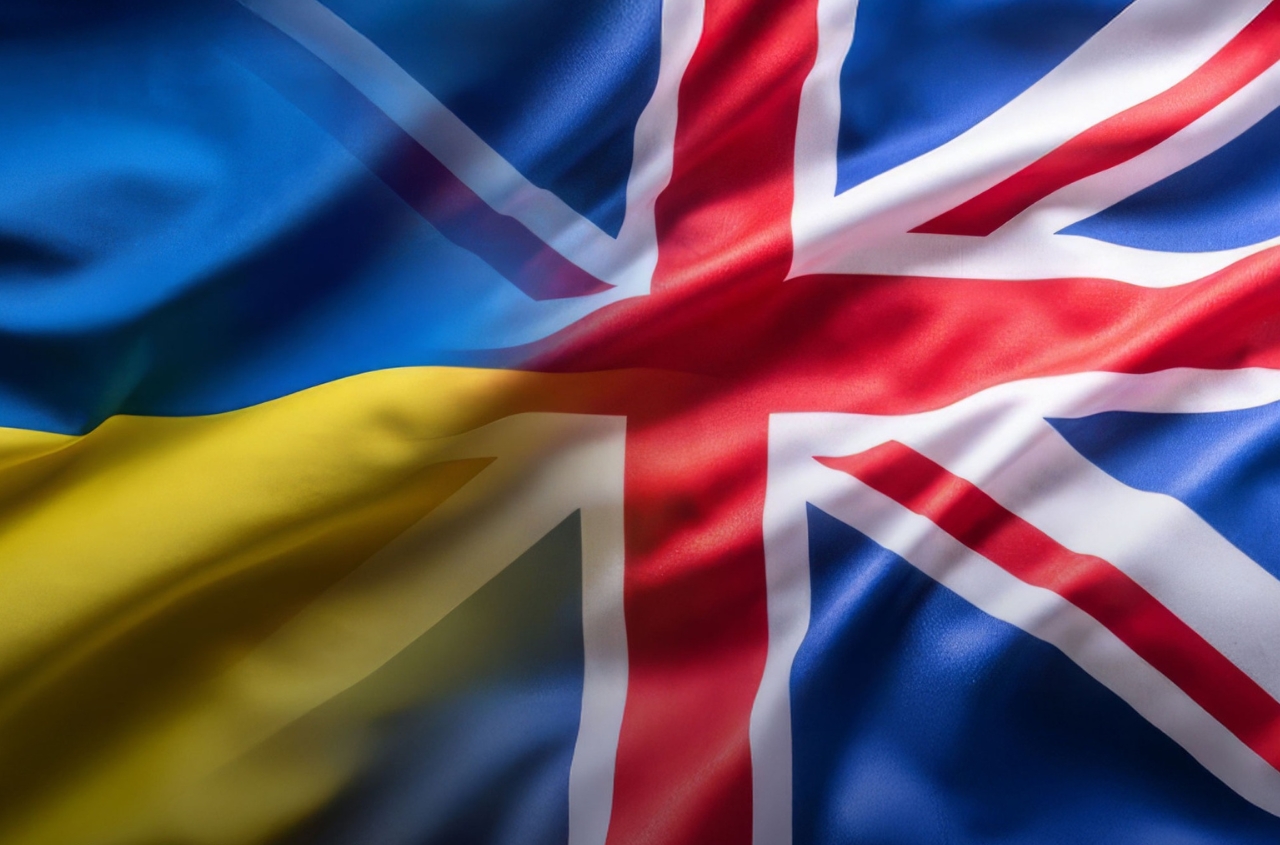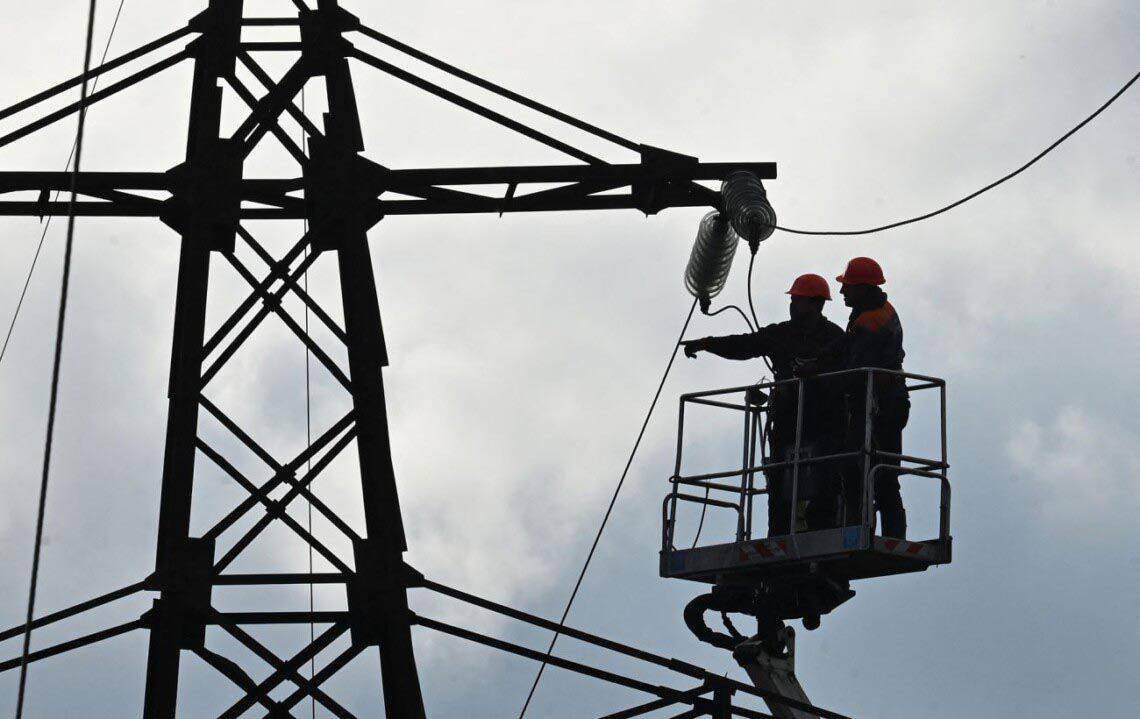On October 28, First Deputy Minister of Foreign Affairs Emine Dzheppar opened the online event "Creative ways to strengthen resistance to disinformation and false information in turbulent times", which was organized by the Permanent Missions of Ukraine, Lithuania, Poland and the United Kingdom to the United Nations as part of the Global Media Literacy Week.
"Disinformation and propaganda are part of Russia's toolkit in its war against Ukraine. Since February 24, Russian officials and propagandists have flooded the world with disinformation and fake news to justify Russia's aggression and create false pretexts for their crimes. Among the most recent is a fake about the so-called "dirty bomb" that Ukraine is allegedly developing to attack Russia. The Russian delegation even dared to promote it within the framework of the UN and convened the UN Security Council to discuss this fake," the First Deputy Minister emphasized.
Among other examples of Russian disinformation, Emine Japarova cited Russia's intentions to shift responsibility to Ukraine for allegedly provoking the global food crisis. In this regard, she emphasized that the Russian occupiers blocked Ukrainian ports, endangered the freedom of navigation, shelled Ukrainian warehouses with agricultural products, and blocked transport routes. "And today, Russia again threatens to resume the "Hunger Games", - concluded the First Deputy Minister.
Emine Dzheppar noted that during the first days of the full-scale invasion, the absolute priority for Ukraine on the information front was to seize the initiative in order not to allow Russia to impose its vision of the situation on the world: "I remember how in 2014 it was very difficult to explain even European audience that this is a real war and not a crisis. That it was Russia that unleashed the war, and not some "militants". I am glad that we managed to open the eyes of the world and strike a blow at the Russian propaganda machine."
The First Deputy Minister emphasized that sanctions against the Russian media were and remained the best solution to protect our societies. However, the harmful influence of Russian propaganda and disinformation is still present. Because it has taken deep roots all over the world over many years. "Calls for pacification, manipulation of price increases, attempts to undermine military support are only part of the challenges we deal with daily," said Emine Dzheppar.
Emine Dzheppar proposed to create a special website with the participation of the Department of Global Communications of the UN Secretariat, which would contain best practices and creative ideas in the field of combating disinformation.









